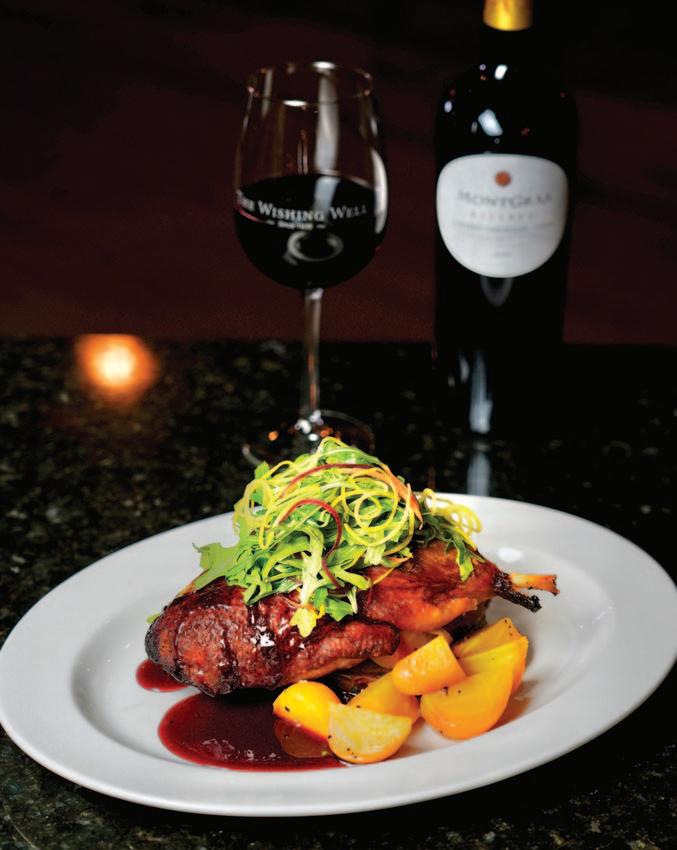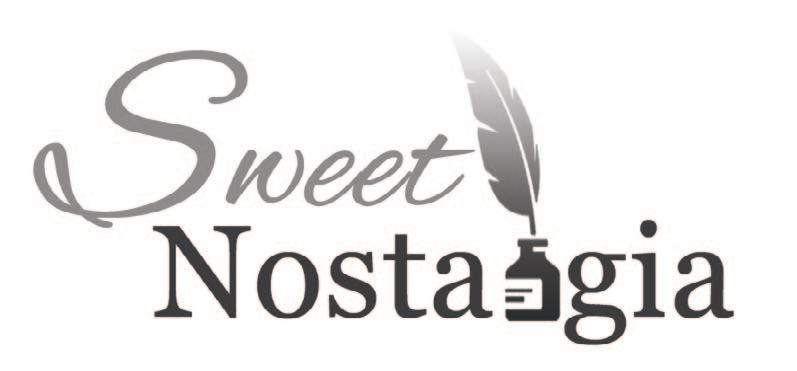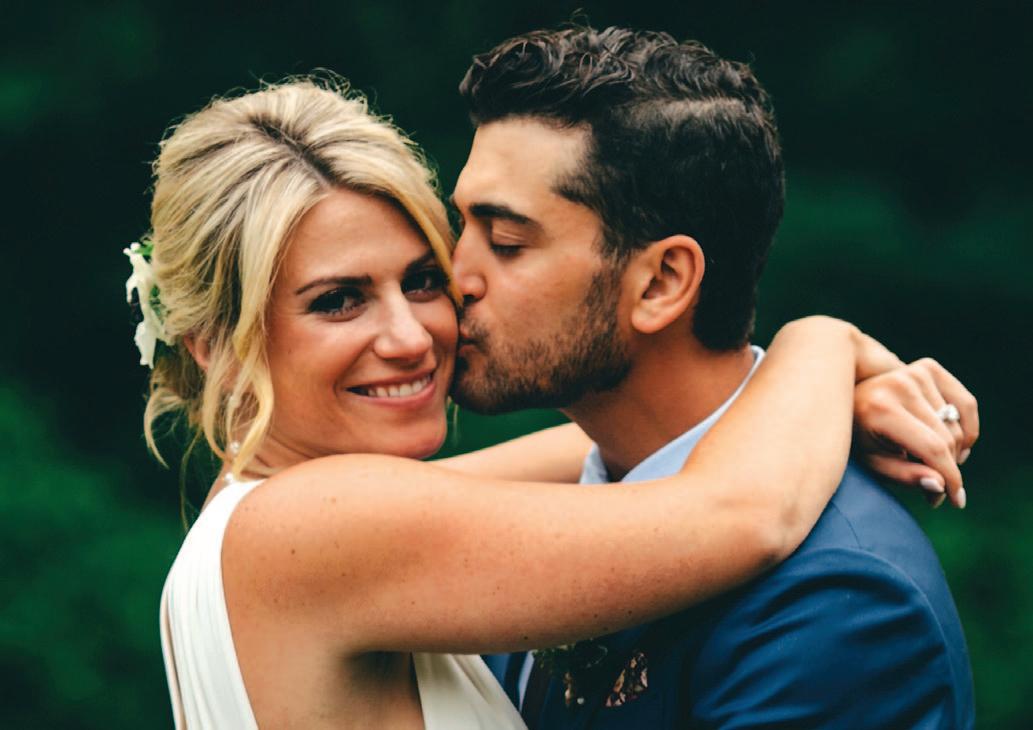
4 minute read
Upstate Beat
Talented indie-folk singer Belle-Skinner takes her name from a humanitarian and music collector who lived centuries ago.
By Kirsten Ferguson Photos by Mila Kapustina/milakapustina.com
Advertisement
The Belle Skinner born in 1866 was a classical music lover who led a rehabilitation effort in France after World War I. Described as a “rare and gifted spirit,” Skinner amassed a collection of rare instruments from around the world during her life. At Vassar College in Poughkeepsie, where she graduated as class president, the Skinner Hall of Music bears her name.
Belle-Skinner is also the moniker of indie-folk musician Maria Brosgol, a Troy native and Vassar alum. She first learned of the original Belle Skinner from a plaque in the entry to Skinner Hall, a French Gothic building on the Vassar campus. Inside, the beautiful concert hall mirrors the Loire Valley style of the ancient town in France that Skinner reconstructed.
While at Vassar, Brosgol studied classical guitar and received a fellowship to study music production in London. “My last year at Vassar, I started to get into music a lot, so I was spending every day at Skinner Hall,” she says. “I made an EP there, and I almost named it Belle Skinner. Later on, I was thinking of going by a moniker, and that name was always meaningful to me. It’s funny because the algorithm confused Google, which feels like a triumph because they say that I’m a nineteenth- and twentieth-century philanthropist who died in Paris, but I also have albums on Spotify.”
The Belle-Skinner name seems to fit a singersongwriter who is often described as “darkly nostalgic” and grew up listening to everything from Joni Mitchell and Radiohead to iconic French pop singer Françoise Hardy. Her most recent EP, “There Grows a Tree in Paradise,” recorded live to tape just before the pandemic, is a collection of covers featuring an eclectic mix of artists, including Dolly Parton, Joan Baez and Bob Dylan.
Belle-Skinner’s previous full-length album, “Violets,” shares a sparse, lyrical and sometimes ghostly vibe in the vein of haunted British songwriter Nick Drake, another influence. Jason Brown of Saratoga Springs’ Starling Studios recorded the album, which features an array of instruments performed by local musical mastermind Eric Margan.
“I have a classical background, so I really focus on melody more than anything,” Brosgol says. “I do write happy songs, but I also write dark subject songs or songs with an ironic twist. I think that's where the darkly nostalgic description comes from.” She points out that the Belle Skinner name combines a lovely sounding word with a word that has more ominous undertones. “That was kind of a coincidence, but later on I realized why the name works,” she says.
Born in Troy, Brosgol lived in Queens, Albany and Brooklyn before graduating from high school. Her parents are from Russia, a background that surely brought a cultural influence to bear on her music. “My mom listened to a lot of European music, not just Russian music but French music as well,” she says. “I went to a Russian camp growing up, and we sang a lot of Russian folk songs. Somebody said to me a couple of years ago, ‘Your music sounds like it’s inspired by Russian Orthodox choir music.’ I sing in a Russian choir, so maybe there is something to that.”
In late April, Belle-Skinner performed at Troy Savings Bank Music Hall, a National Historic Landmark renowned for its acoustics. The show, where Brosgol stood on a balcony and sang to an empty theater, was part of the hall’s recent UpLift series, which commissioned musicians to create new music reflecting their emotions and experiences over the past year of the pandemic. Each song was filmed and premiered online.
For the series, Belle-Skinner debuted “It Must Be Spring,” a tune that contrasts seasonal renewal to the darkness of winter. “I had about a month to write something,” Brosgol says. “I wrote a bunch of songs, but they didn’t really seem to fit, and then like three days before, I was inspired to write a song that seemed perfect because it contrasts spring to the hopelessness of winter. The parallel [to the pandemic] is pretty apt.”
For Brosgol, whose future plans include more recording, the pandemic presented both positives and negatives. “Because of live streams, I’ve been able to perform in some really cool places and get exposed to different audiences that might not have seen me otherwise,” she says. At the same time, the isolation and winnowing of options were fruitful at times.
“Modern life is just a big hamster wheel, and social media kind of gives you the illusion that you’re busy and doing something important,” she adds. “I think having everything slowed down a little bit gives the opportunity to work on other things that maybe you were neglecting.”






